Chick-fil-A: The Controversy Surrounding It
When you think of Chick-fil-A, you likely think of their chicken filet sandwiches – where their clever name stems – or possibly the charismatic employees. Arguably, Chick-fil-A is one of the largest fast food companies in America, serving breakfast in the morning before transitioning to a lunch and dinner menu. Founded by S. Truett Cathy, a devout Southern Baptist, many of the company’s values are influenced by Cathy’s beliefs. All Chick-fil-A restaurants are closed on Sundays, Thanksgiving, and Christmas, this is a reflection of the commitment to the Baptist belief of Sunday Sabbatarianism.
Many know of the troubled past the chain has but most choose to ignore it for the sake of their food. The company’s opposition of the LGBTQ+ community, specifically same-sex marriage, is where the controversy sparks. Millions of dollars from the chain’s earnings has been donated to anti-LGBTQ+ corporations and hate groups over the years.
The current president of the company, the son of S. Truett Cathy, Dan Cathy, has previously made hostile remarks in protest of marriage equality (National LGBTQ Task Force). In June of 2021, the Daily Beast reported that the National Christian Charitable Foundation (NCF) has bankrolled opposition to The Equality Act, which would expand civil protections for LGBTQ+ people. The report identified Chick-fil-A CEO Dan Cathy as one of the group’s “high-dollar donors.” Donating to thousands of organizations across the country, the NCF is one of the largest charities in the United States. When looking at Don Cathy’s tax filings for 2018, 2017, and 2016, a donation of nearly six thousand dollars to the NCF has been received every year like clockwork. As this information became available to the public, an uproar resulted. To combat this, Cathy made a promise to stop donating to anti-LGBTQ+ causes.
CEO and President of Chick-fil-A, Tim Tassopoulos, is adamant in changing the chain’s image. Building off of Cathy’s promises, Tassopoulos specified that the company’s new strategy for donation is to simply put a halt on donating to corporations with anti-LGBTQ+ views. In an interview with Tassopoulos by “Bisnow”, the CEO stated “There’s no question we know that, as we go into new markets, we need to be clear about who we are,” continuing by clearing the air, “There are lots of articles and newscasts about Chick-fil-A, and we thought we needed to be clear about our message.”
It is important to note that Chick-fil-A never directly said that the chain would permanently stop its donations to anti-LGBTQ+ companies or groups that discriminate against the people that identify as LGBTQ+ – only that the chain was going to focus on changing its philanthropic business model. In an interview with Vice, a company spokesperson said the company would not rule out donating to religious groups against LGBTQ+ people in the future. In fact, the CEO stated in an interview “No organization will be excluded from future consideration–faith-based or non-faith-based.” The controversial donations have not visibly made a dent in the company’s profits – though it is hard to be certain since Chick-fil-A is privately held. The comments that Tassopoulos has made suggest that the company’s reputation has suffered even if its bottom line has not.
Never managing to fully shed its reputation as the homophobic vendor of the chicken sandwich, Chick-fil-A has continued to expand its presence across the nation, with a heavy presence in states like Pennsylvania, Maryland, Delaware, and West Virginia.
In 2015, the first Chick-fil-A opened in New York City, a 5,000 square foot restaurant. Though the opening was met with resistance from the local community, the location opened regardless. Three years later, in 2018, the chain opened another behemoth location in New York City – this time, the location was five stories and 12,000 square feet, becoming the world’s largest Chick-fil-A restaurant. According to ABC News, this location is nearly twice the size of any other existing Chick-fil-A restaurant.
Chick-fil-A’s popularity is due to an arguable fact: people eat at the chain because the food is good, even if they do not agree on what the Cathys stand for. The Cathys’ “dissonant view,” as one brand consultant called it, may have finally hurt Chick-fil-A’s bottom line — especially now that a popular, non-homophobic alternative to Chick-fil-A’s sandwiches has emerged. Popeyes temporarily began selling chicken sandwiches at its locations across the country; the sandwiches were so popular that the chain declared a national shortage in August.
Popeyes’ sandwiches are now back for good, and a promotional video announcing their return even made fun of Chick-fil-A’s long-standing policy of keeping all its locations closed on Sundays. The popularity of Popeyes’ sandwiches means Chick-fil-A no longer has a virtual monopoly on the chicken sandwich market, but increased competition doesn’t entirely explain why the company is finally changing its philanthropic giving plan. It’s also possible that the Cathys’ politics are finally hindering the company’s expansion.

Lorie Aaronson is in her senior year at GALA, and has joined the journalism elective for the second time to segue into their passion -- helping peers and...



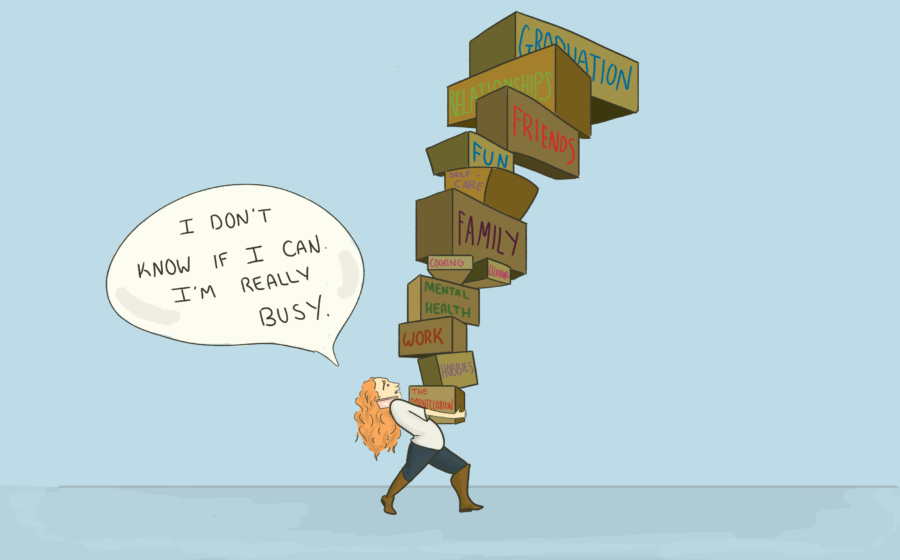


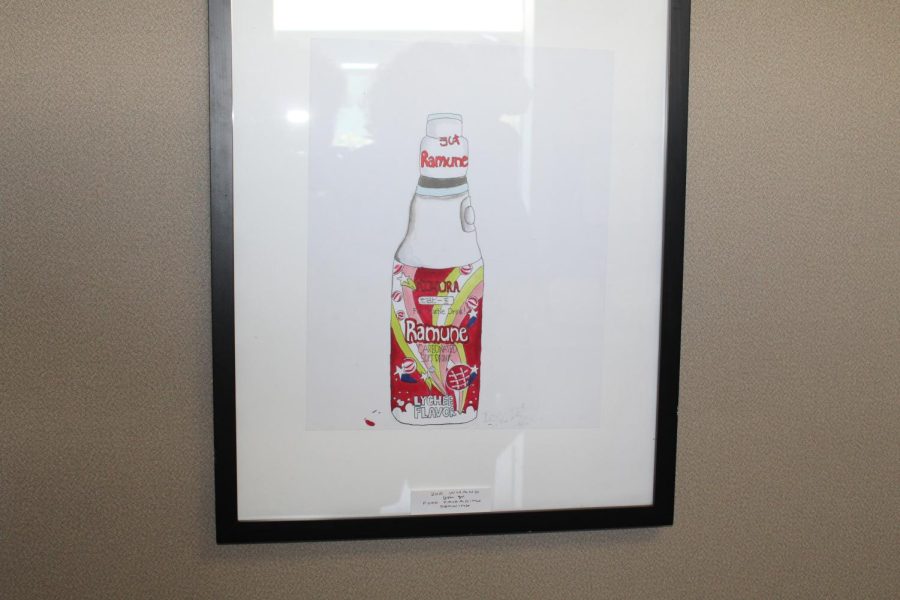

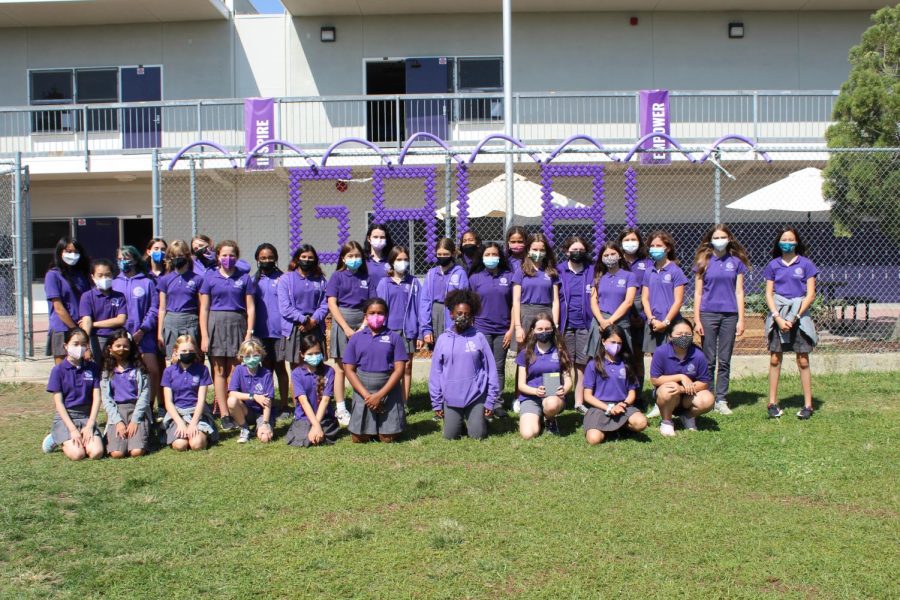






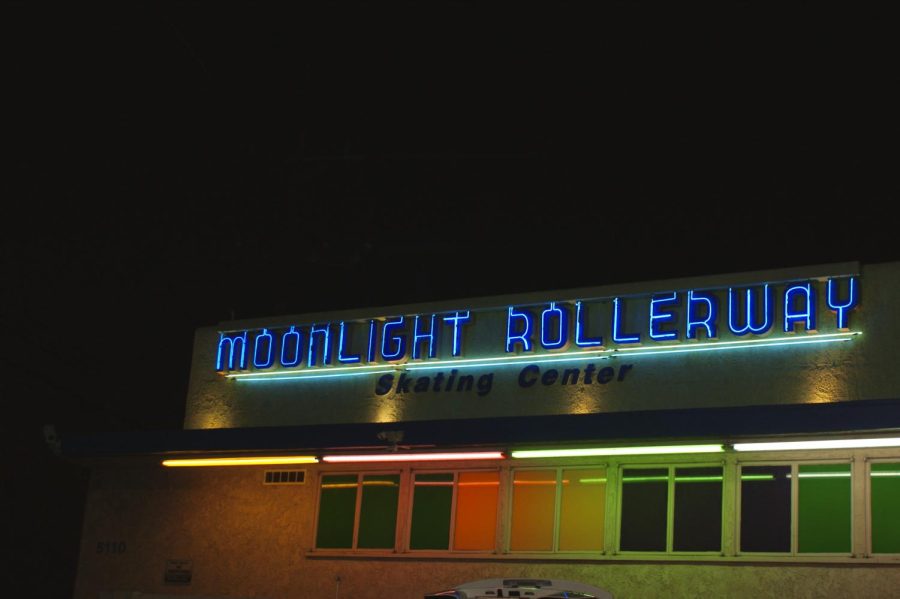


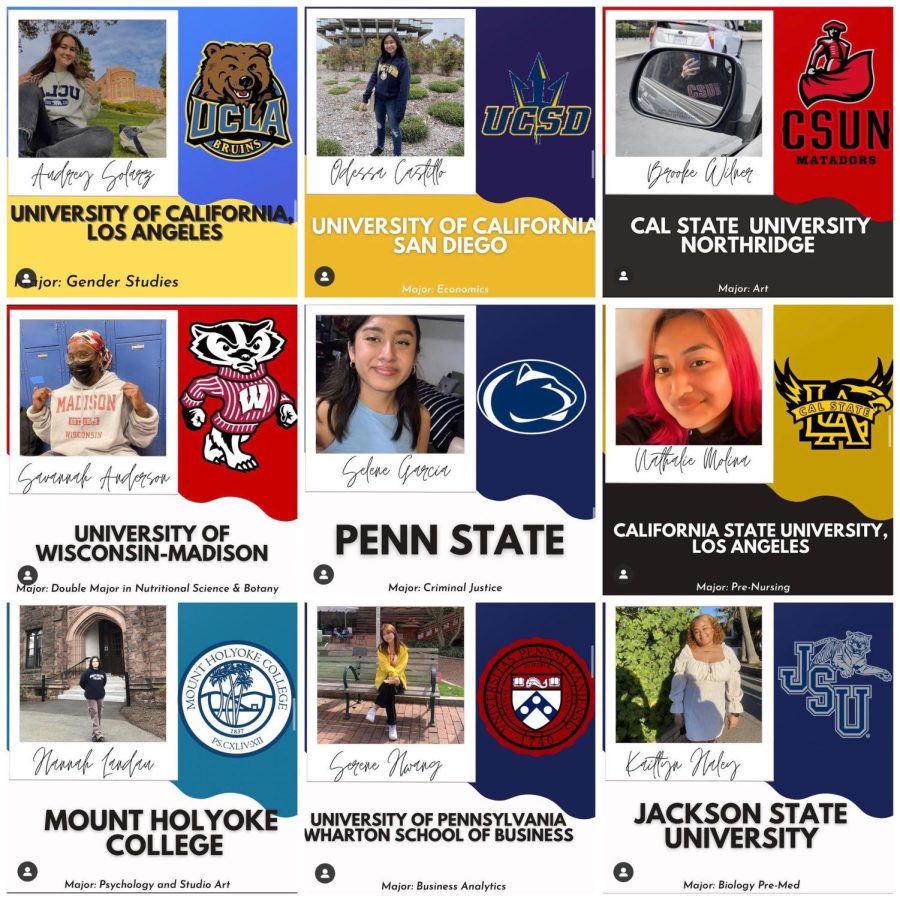

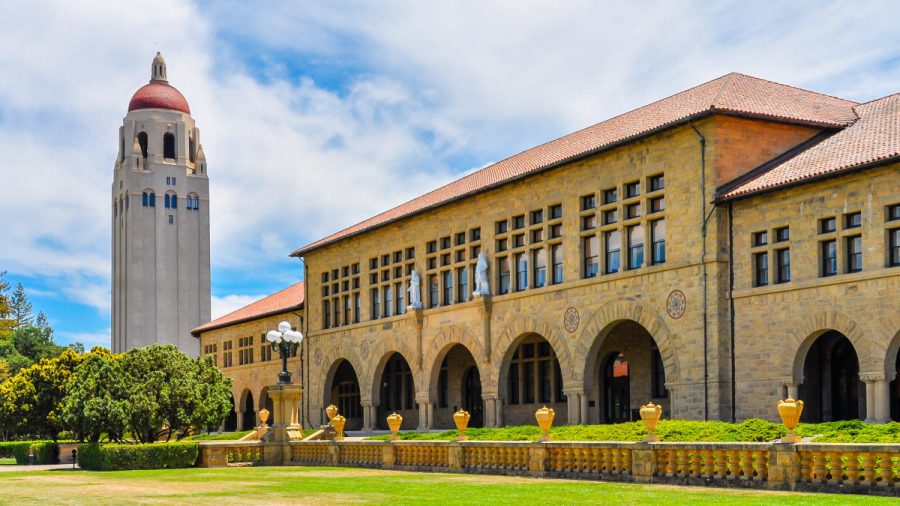


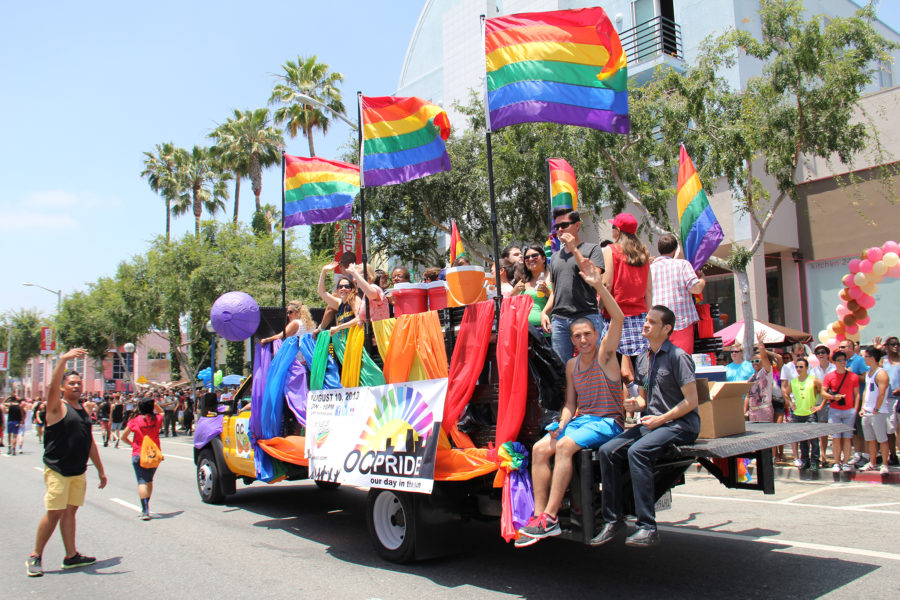

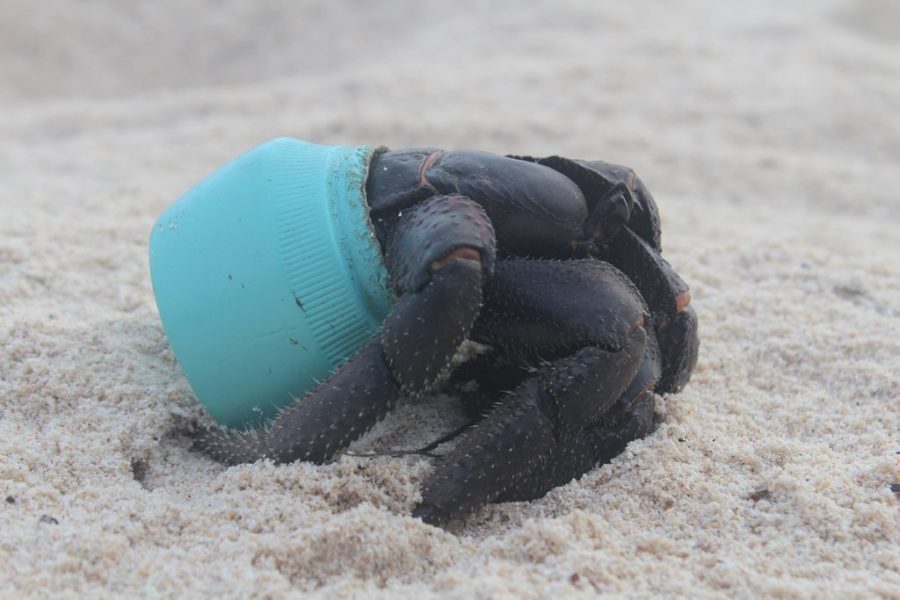





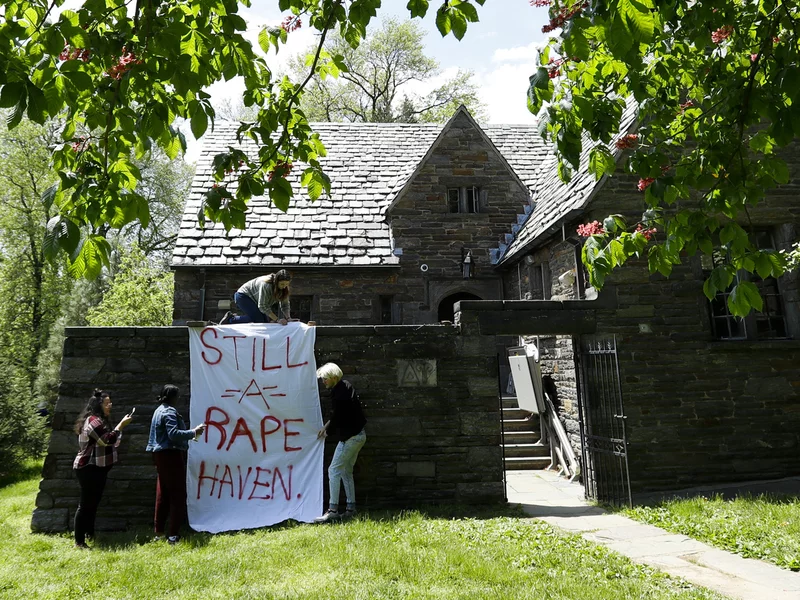
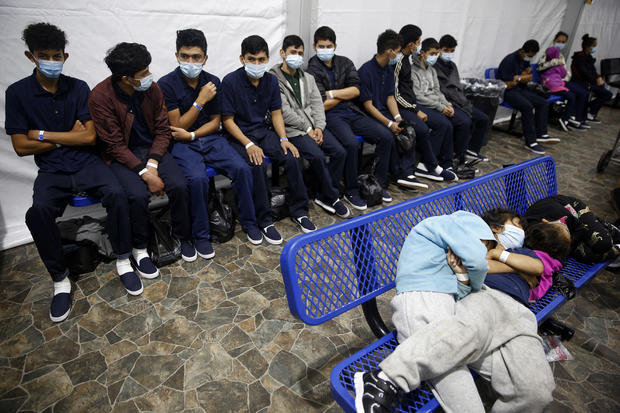
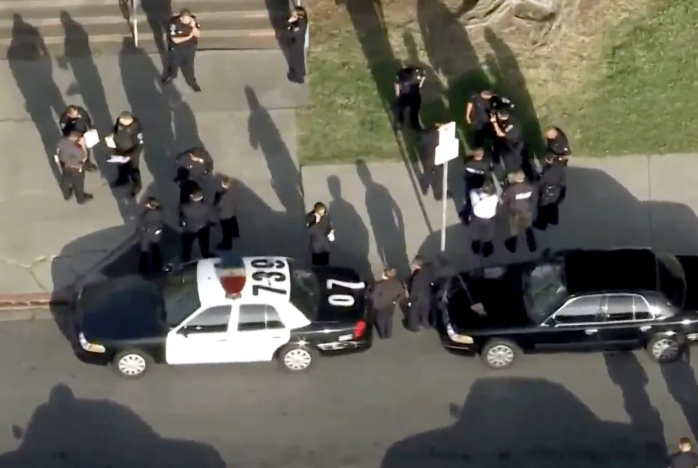
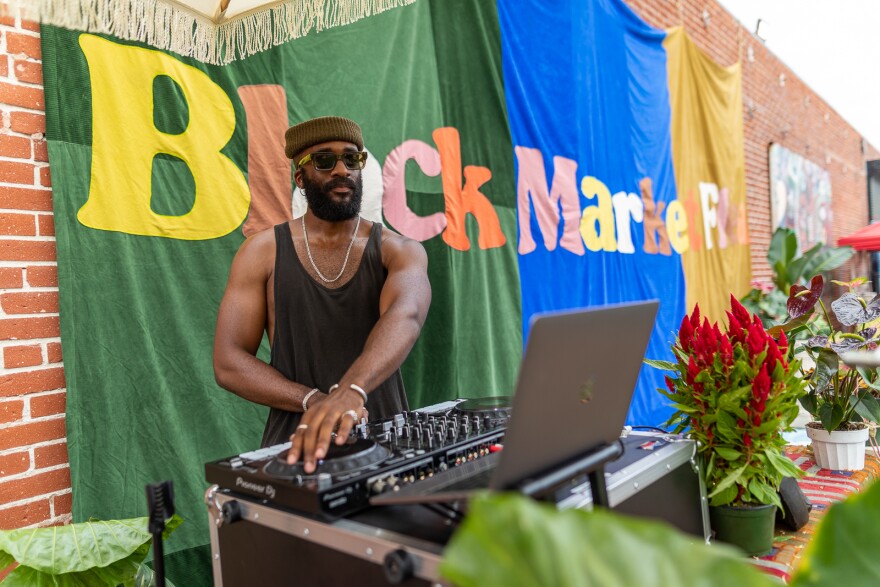
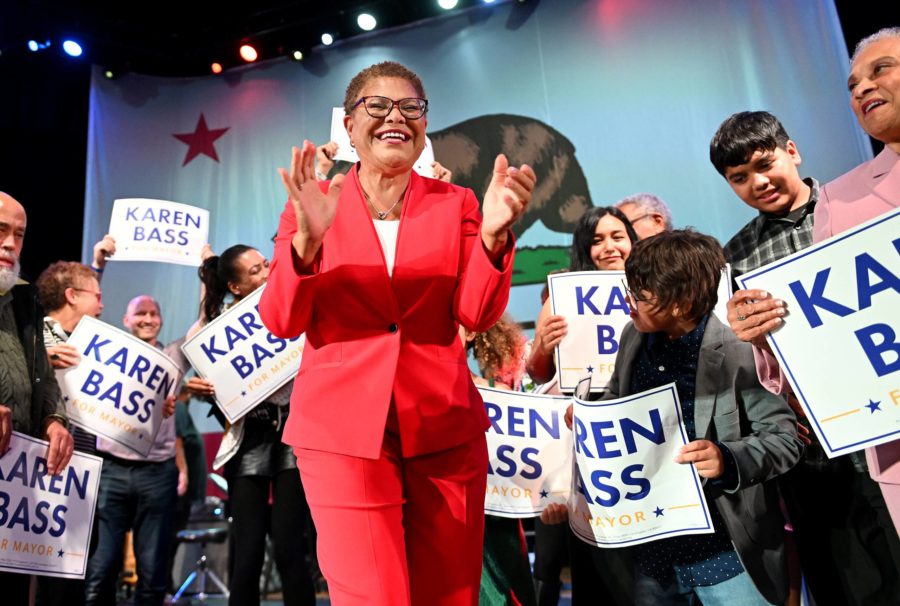




















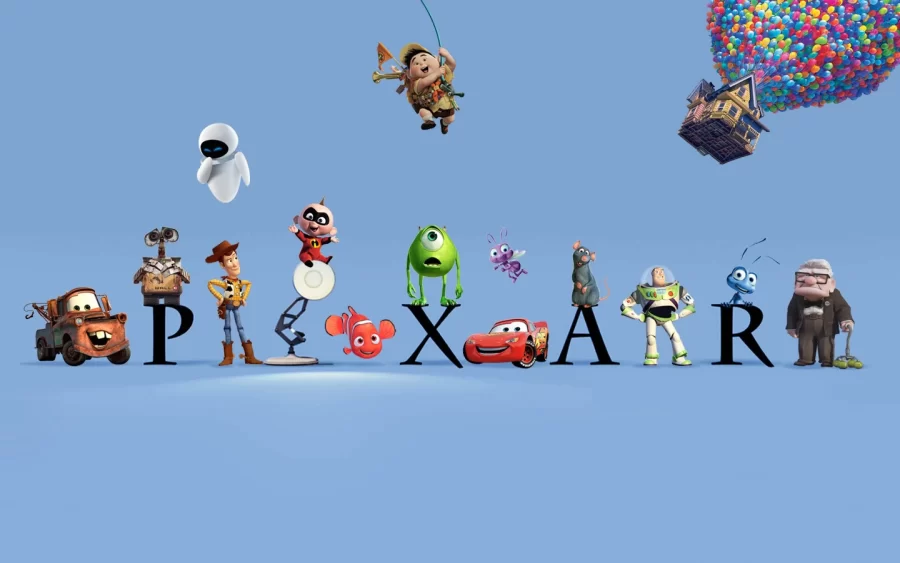
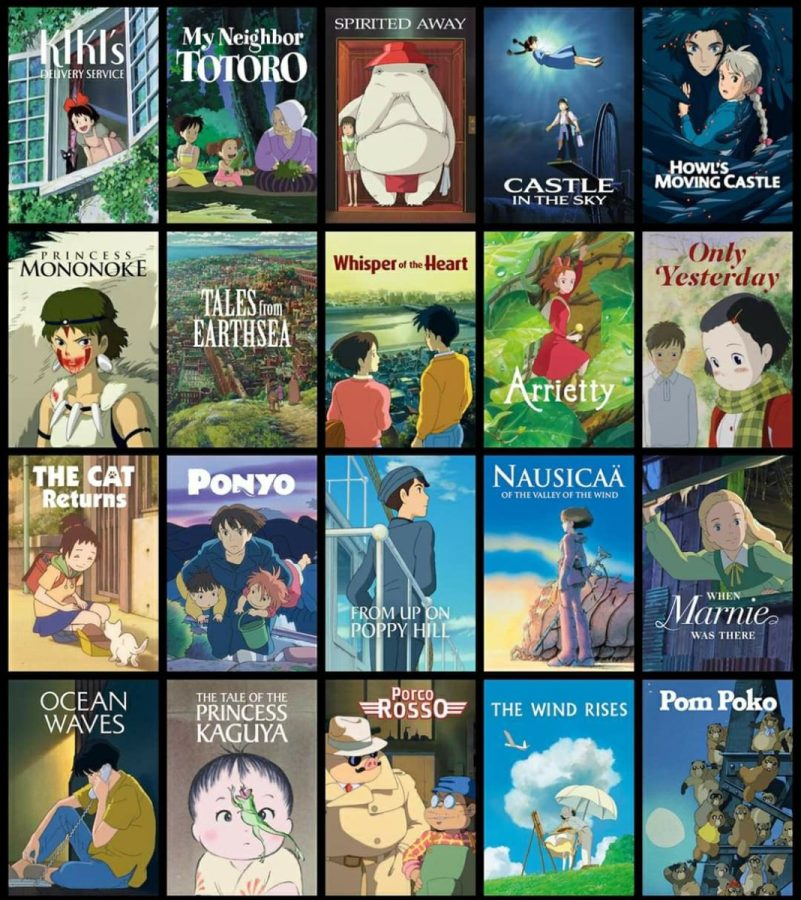
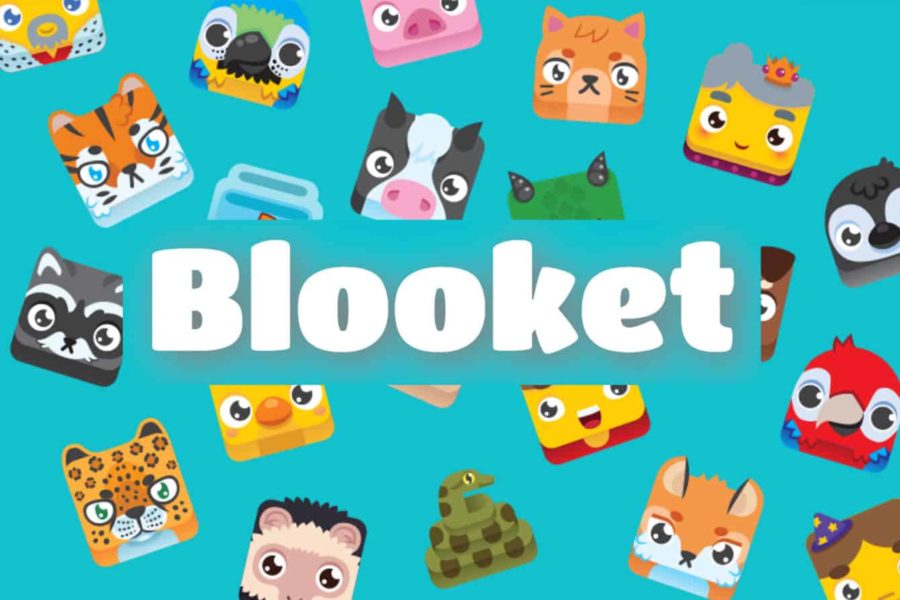







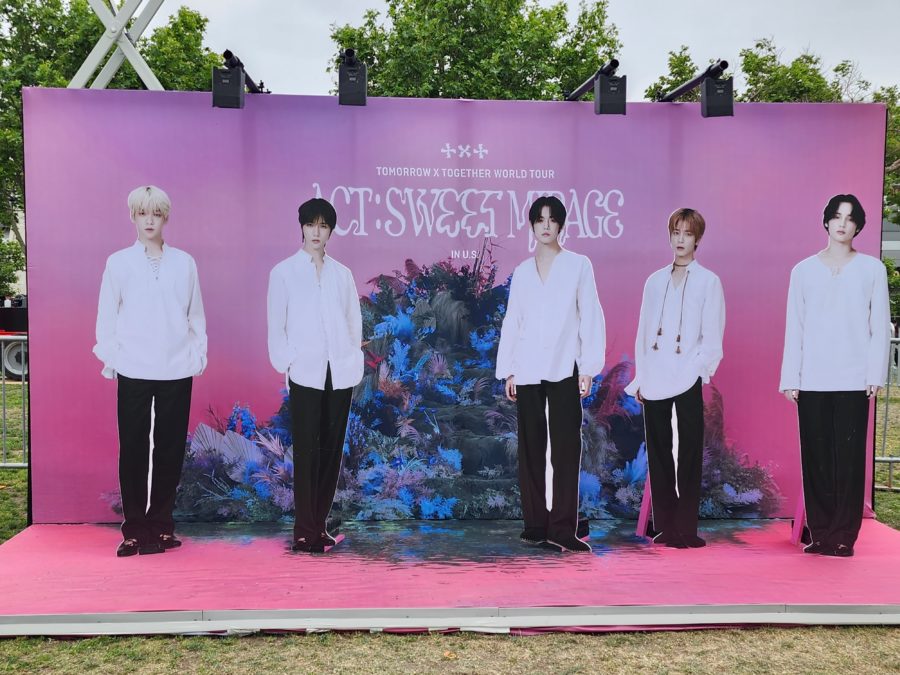



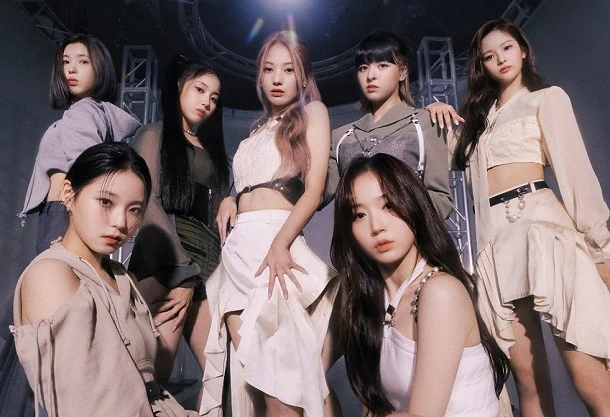





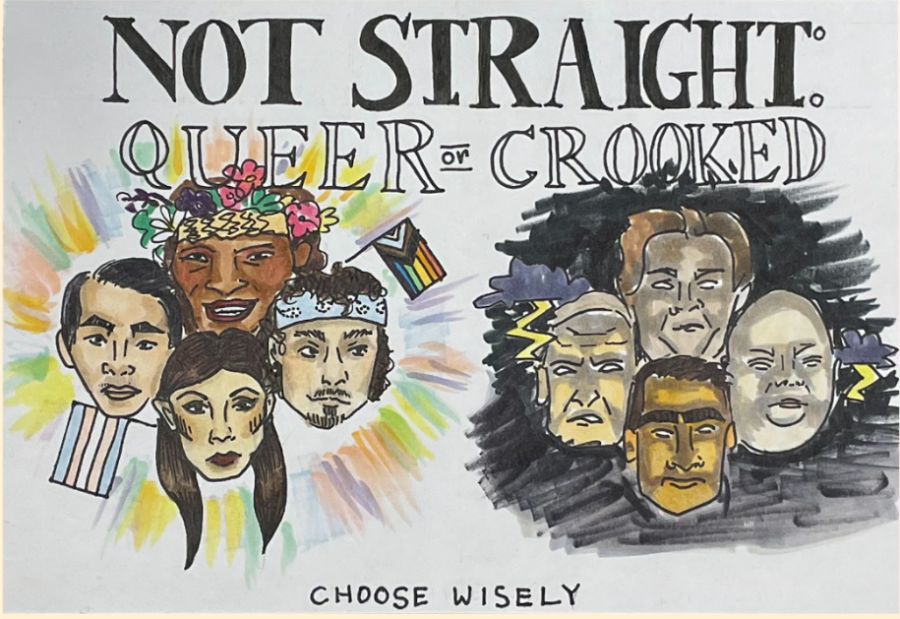

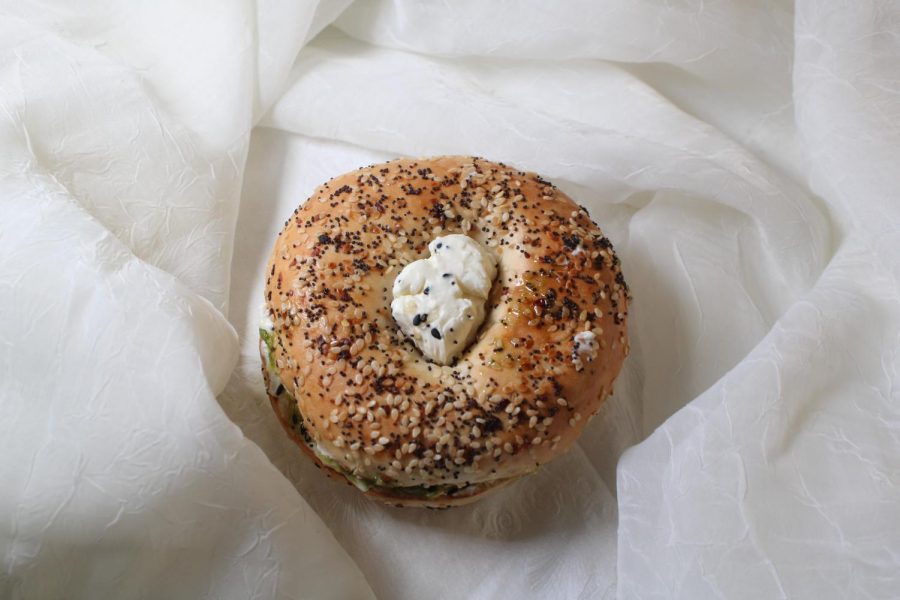







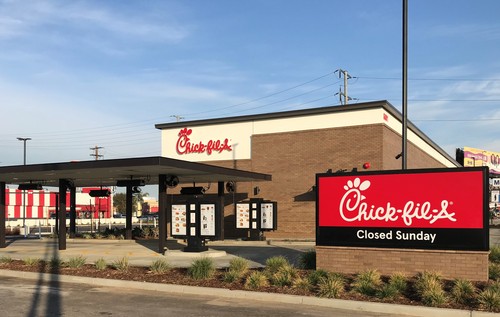




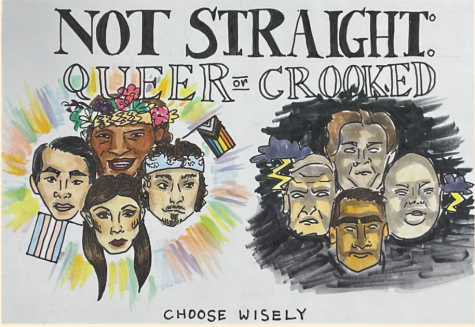





Aaron • May 6, 2022 at 9:15 pm
Whenever I drive by the location on Sunset Blvd. in Hollywood, I remember well the controversy and protests that occurred around LGBTQ+ issues. I’ve never been to a Chick-fil-A and never plan to go. I appreciate this update on an important topic. Thank you!